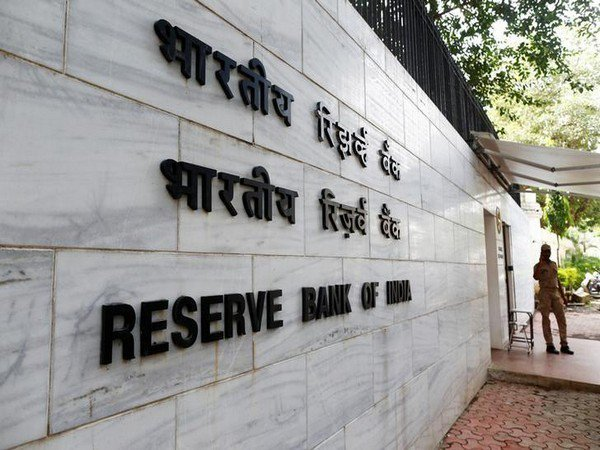The unprecedented rise in corporate debt fundraising by Indian companies in 2024 marks a transformative phase in the country’s financial landscape. As firms raised a record Rs 10,67,000 crore through bonds, it is evident that the corporate bond market is evolving into a reliable and efficient alternative to traditional bank financing. This trend not only highlights the growing maturity of India’s financial markets but also underscores the dynamic interplay between economic growth, regulatory shifts, and investor behaviour. One of the primary catalysts for this record-breaking year has been the yield on corporate bonds in the face of falling government bond yields.
With the Reserve Bank of India signaling a rate cut in early 2025, borrowing costs are expected to dip further. This has encouraged firms to issue bonds, particularly long-term ones, to lock in lower rates. Another significant factor is the tightening of credit by banks. Challenges in deposit mobilisation and concerns about credit-deposit ratios have prompted lenders to moderate their credit growth. Consequently, corporates have turned to the bond market, which offers a more diversified and efficient source of funding. Moreover, the inclusion of Indian government bonds in global bond indices has created additional liquidity, freeing up domestic investors to explore corporate debt.
Advertisement
This global recognition has had a ripple effect, increasing investor confidence and stimulating demand for high-quality bonds. A remarkable feature of 2024’s fundraising spree is the preference for long-term bonds. The issuance of bonds with maturities exceeding five years surged significantly, driven by strong demand from institutional investors such as insurers and pension funds. These entities, which manage long-term obligations, find such instruments particularly appealing. What makes this development even more promising is the increasing participation of smaller and mid-sized firms in the bond market, suggesting its democratisation. These companies, which traditionally relied on bank loans, are now able to tap into bond funding, gaining access to capital markets on competitive terms. This shift is fostering a more inclusive financial system where firms of varying sizes can benefit from India’s growing economic momentum.
This shift is also indicative of a strategic alignment between corporate India’s financing needs and the long-term growth prospects of the economy. With nominal GDP growth projected, the demand for stable, long-term funding is likely to persist, further solidifying the bond market’s role as a cornerstone of corporate finance. The momentum in the corporate bond market is expected to sustain into 2025. Anticipated rate cuts and continued moderation in bank lending will likely drive further growth in bond issuances. However, this expansion brings with it a responsibility to uphold credit standards.
A surge in issuances must be accompanied by rigorous credit assessments to maintain investor confidence and financial stability. This shift towards a vibrant bond market signals a maturing financial ecosystem capable of supporting India’s economic aspirations. By embracing this evolution, corporate India not only secures a diversified funding base but also strengthens its position in a globally interconnected financial landscape.











